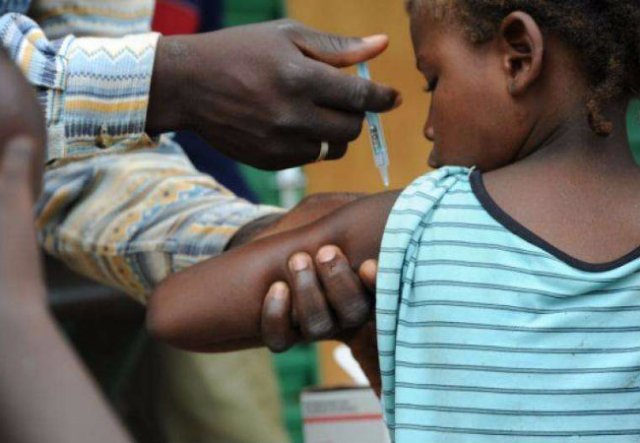In north-east Nigeria where Boko Haram insurgency has caused the damage of 75 percent of water and sanitation infrastructure, 3.8 million people have no access to safe water.
UNICEF said this in a statement released on Tuesday, revealing that up to one third of the 700 health facilities in the hardest hit state of Borno have been completely destroyed with about the same number, non-functional.
The organisation also said communities hosting displaced families facing severe water shortages because “displaced families are putting enormous pressure on already strained health and water systems in host communities.”
“Water shortages, inadequate sanitation, poor hygiene practices and disease outbreaks are posing an additional threat to severely malnourished children in north-east Nigeria, Somalia, South Sudan and Yemen,” UNICEF said
Advertisement
“Across the four famine-threatened countries, nearly 27 million people are reliant on unsafe water which, for malnourished children, can lead to fatal diarrheal diseases.”
“The combination of malnutrition, dirty water and poor sanitation sets off a vicious cycle from which many children never recover,” said Manuel Fontaine, UNICEF Director of Emergency Programmes.
“Because unsafe water can cause malnutrition or make it worse, no matter how much food a malnourished child eats, he or she will not get better if the water they are drinking is not safe.”
Advertisement
UNICEF says it currently provides safe water to nearly 666,00 people and treats over 170,000 children suffering from severe acute malnutrition in the last 12 months.
“We are working around the clock to save as many lives as we can as fast as we can,” said Fontaine. “But without an end to the conflicts plaguing these countries, without sustainable and unimpeded access to the children in need of support and without more resources, even our best efforts will not be enough.”
Add a comment






